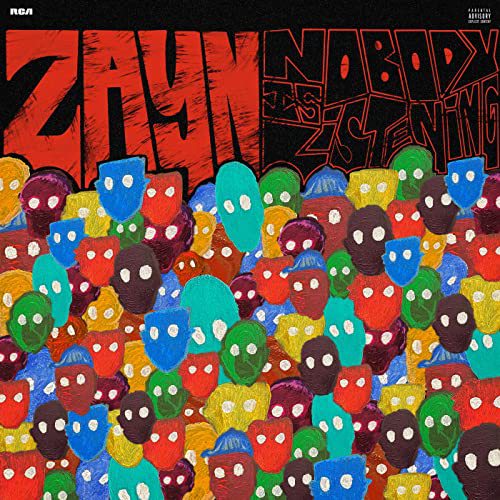The Dark Ages has been stuck with an undeserved reputation for disregarding science; this is actually not the case. The Dark Ages, sometimes called the Medieval Times or Middle Ages, was from about 500 CE to about 1500 CE. In “Science Was Alive and Well in the Dark Ages”, an article by Discover Magazine, historian Seb Falk explains that the Dark Ages has developed its reputation as a period of scientific stagnation because it was immediately succeeded by the Renaissance. He writes: “As science develops, people who want to show off their own achievements naturally assume that everything before them was ignorant…Faith and religion were a really important part of people’s lives. And it was a world in which events that they observed around them — phenomena in nature — could be partially explained by God working in the world.”
In another article “The Idea of the ‘Dark Ages’ Is a Myth. Here’s Why Medieval Scientific Progress Still Matters”, published by the New York Times, and written by Falk, he expands on religion and its role in medieval society. He debunks the myth that Christians only took their teachings and ideas into account. Christians embraced discoveries by other faiths. There was racial and religious persecution but the Europeans during this time came to the Islamic world because of Islamic texts and theories. Jewish and Muslim scholars were building upon Greek and Indian works which Christan Europe was aware of.
Mocking previous scientific methods and ideas does not help build and expand on the scientific world. Without medieval science and the discoveries made during that time period, modern advancements in science might have never happened. For example, ideas on personal hygiene and care were developed and became widely accepted. Mark Cartwright in his article “Medieval Hygiene” cites the Black Death as a reason why many people think that people did not bathe, wash their hands, or brush their teeth. This is a myth; Crusaders brought soap for their backs, and since there was a lack of utensils, washing hands after meals was common practice. There were designated places where people would go to the bathroom. Lower class citizens were mainly concerned with getting the day’s grime off of them but still wanted to be as clean as possible while the aristocracy had the luxury of taking regular baths.
The medieval prioritization of hygiene has persisted, albeit with much-improved technology. With the introduction of sewer systems and running water, taking baths daily and washing hands regularly has become the norm. With Covid-19, personal hygiene has been brought up more and more. Mark Lipsitch, professor of epidemiology at the Harvard Chan School and director of the Center for Communicable Disease Dynamics states “Slowing the epidemic is what we have to do if we can’t stop it… All these measures, small as some of them may be, help to slow the pandemic. There is a real coalescence between individually self-protective measures and measures that will benefit the community. Basic hygiene and self-protection measures are in fact socially beneficial.” The CDC and health experts say the best way to stop the spread of Covid-19 is to wash your hands often. Even the simplest of tasks helps advance science.














